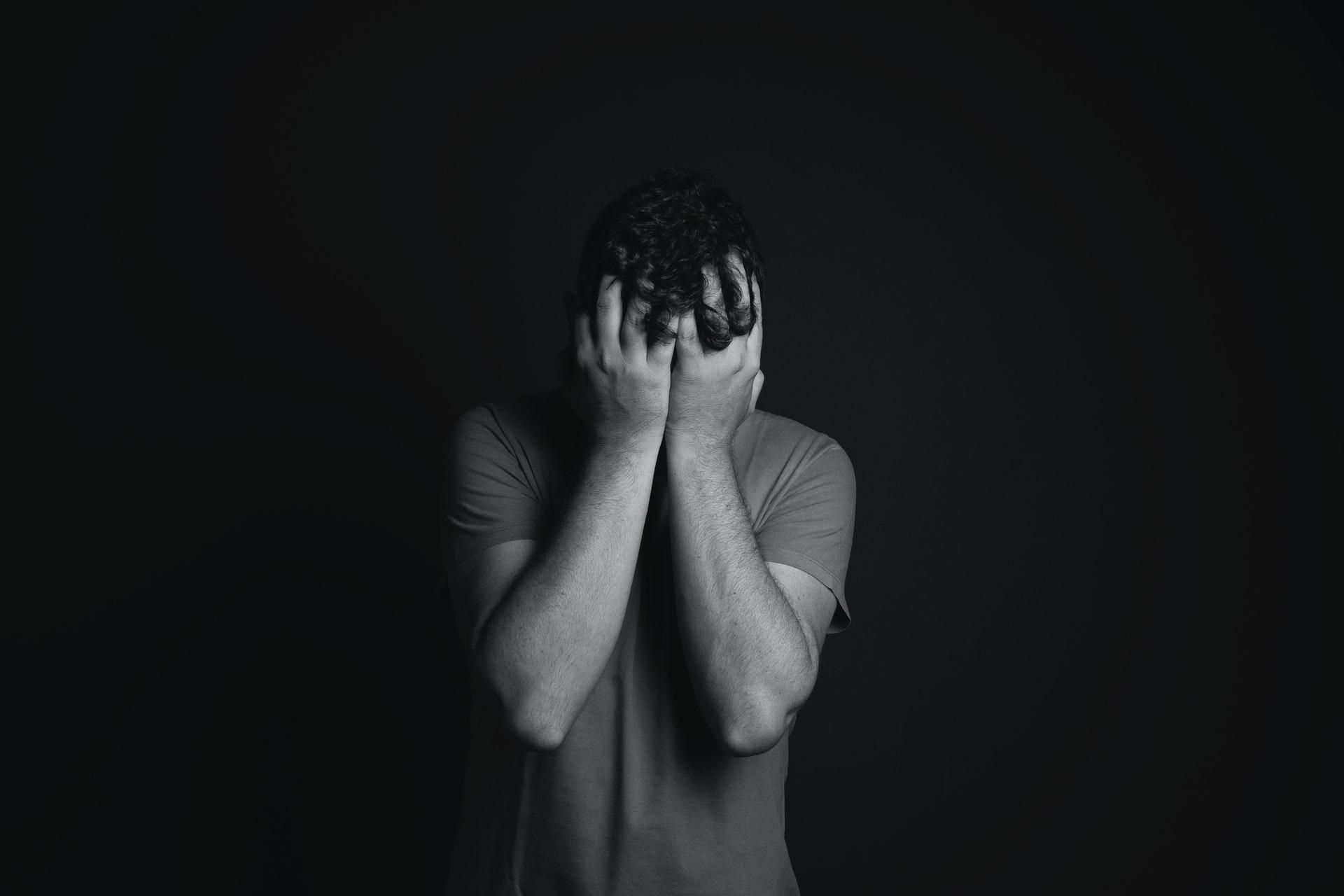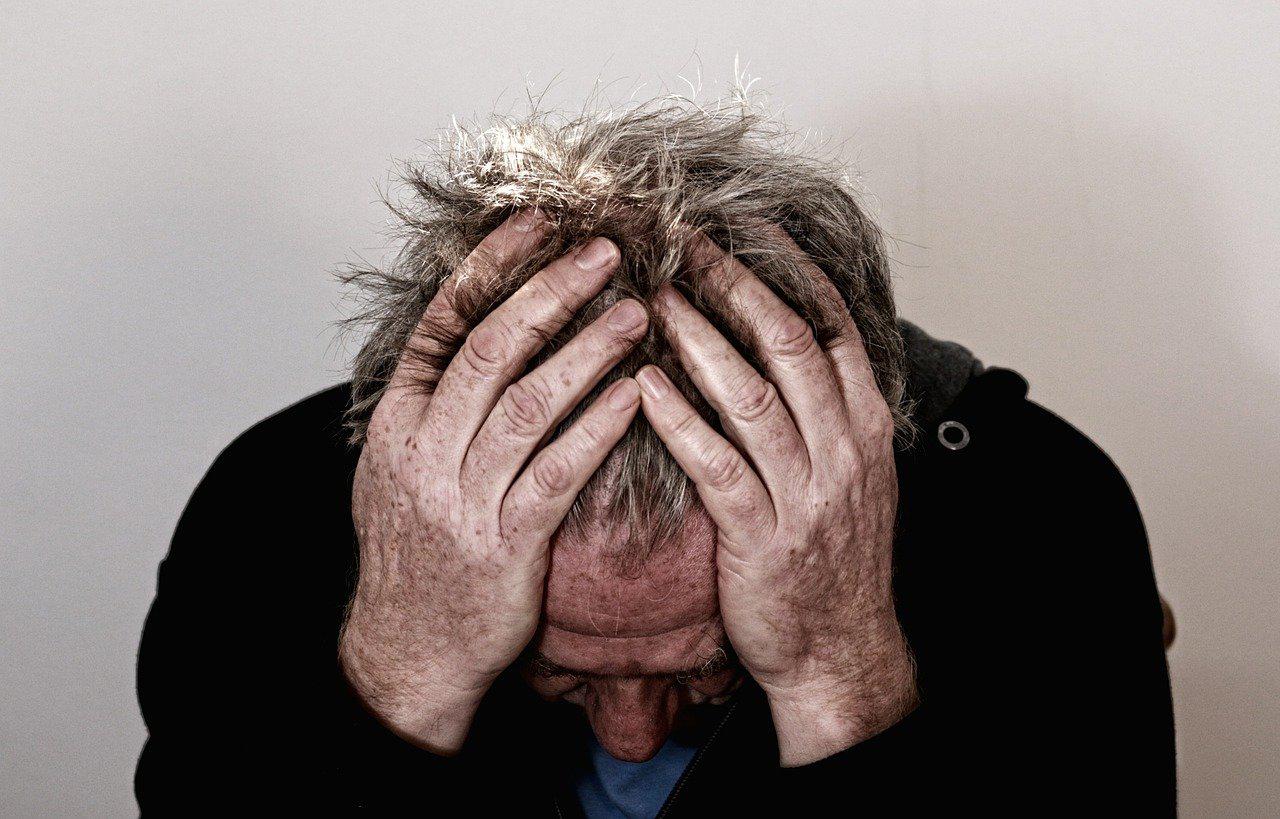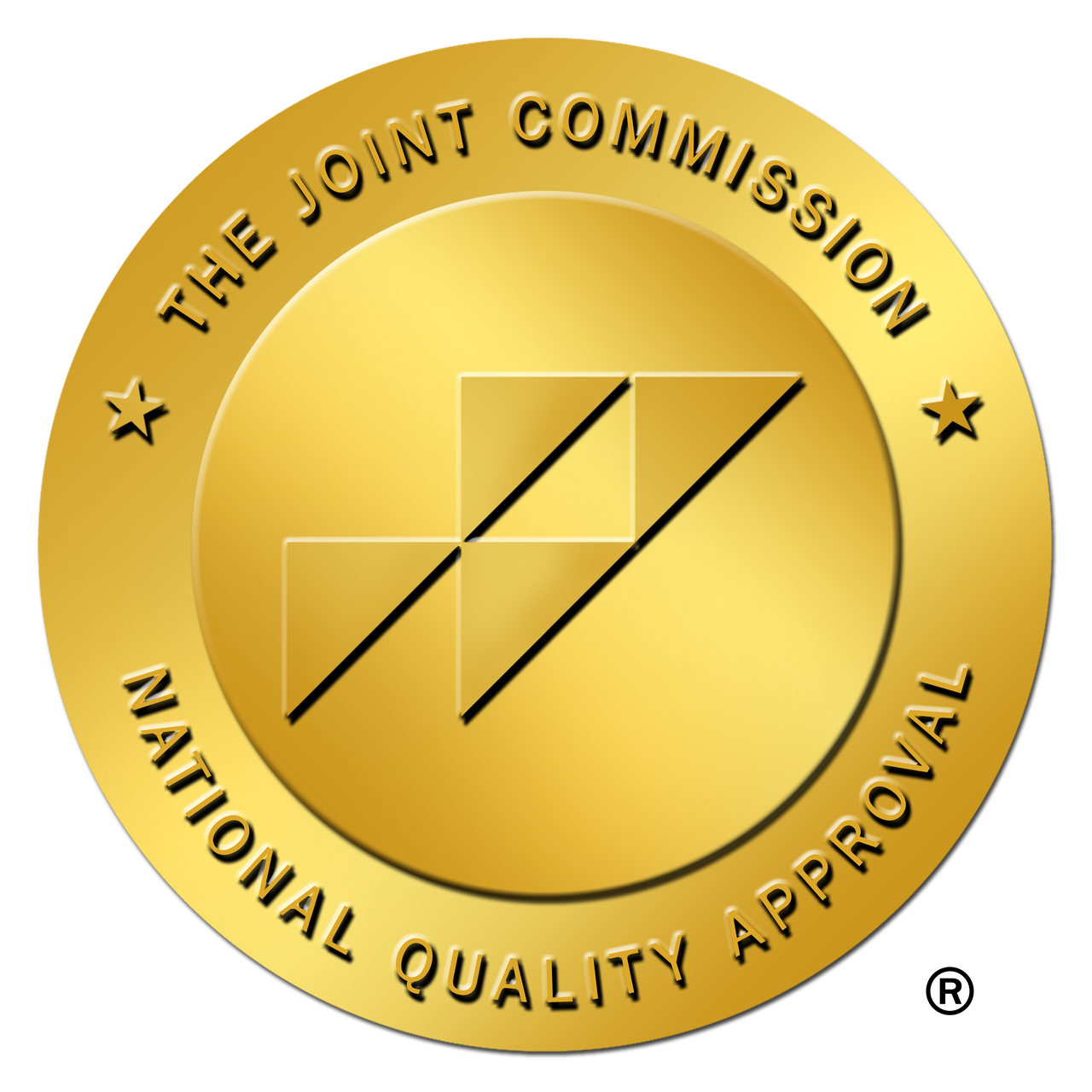
Addiction treatment is a complex and layered process. What’s worse is the stigmas surrounding it, which can make it even harder for people suffering from the condition to seek professional help and support.
Stigmas surrounding addiction perpetuate fear of discrimination, hurting loved ones, and scandals that do nothing but exacerbate the shame associated with the condition.
At The Valley, we understand that addiction is not a choice, and therefore provide a more open-minded approach to the subject.
Stigma is defined as having a mark or distinction of disgrace. This leads to an often overwhelming sense of personal shame. Imagine having to deal with that while trying to recover from an addiction disorder.
Today, stigma is a recognized barrier to effective addiction recovery efforts. Knowing what these stigmas are and how they affect people is an important first step toward effective treatment.
With that in mind, here are some common stigmas that people associate with addiction.
Referring to addiction as alcohol or drug abuse perpetuates the stigma associated with words that connote negative emotions and meaning in everyday conversations. Addiction is not a habit or a choice. It is a complex medical condition and anyone can fall victim.
When a person with addiction is referred to as a substance abuser, the emotionally laden word carries an emotional meaning that gives a discriminatory and offensive image to the condition.
There are a variety of reasons that can cause people to develop an addiction. These could be environmental factors such as a person’s surroundings and close circle, events in life particularly traumatic ones, personal problems, and health conditions such as a mental illness.
Regardless of the reason behind a person’s addiction, it’s important to keep in mind that no one chooses to be an addict. Rather, see it with compassion that addiction makes it difficult for the person to quit and recover.
People with addiction are often stigmatized when it comes to getting treatment and taking medication associated with their condition.
To be clear, people with addiction take medication as part of their recovery process. They are not “addicted” to the medication in the same way that a sick person is not “addicted” to their medicine.
Recovery from addiction is possible. And with the proper diagnosis, treatment, and support system, a person can begin the journey to full recovery.
Once addiction is viewed from the lens of being a medical condition, one can also start to see how recovery is possible just like with other illnesses.
There are a lot of hurtful labels associated with addiction that make it harder for people suffering from it to seek help or talk about it.
Derogatory labels such as “junkie” or “crackhead” are often thrown around to describe drug addicts while labels such as “drunk” or “boozer” are often used to describe people with alcohol addiction, adding to the stigma surrounding these conditions.

When hurtful labels are constantly used to describe or portray people diagnosed with addiction, these can cause discrimination and discourage people from seeking treatment and support due to fear of judgment.
Addiction does not define a person and like any other medical condition or illness, it is a condition that is deserving of proper treatment, care, and support.
Blaming a person for addiction is another stigma that fuels mistrust in healthcare institutions and systems.
Individuals with addiction tend to self-stigmatize due to the talk of blame over the condition. At the family level, for instance, relatives tend to blame persons with addiction for abusing substances.
Finding someone to blame for addiction only isolates a person diagnosed with addiction from seeking treatment and support. When interacting with or helping a person with addiction, compassion can go a long way in smashing the stigmas surrounding the condition.
If you or a loved one is suffering from drug or alcohol addiction, there is hope. Our professional team at The Valley is here to help. We are one of the leading drug addiction centers in Maryland and offer a wide range of personalized addiction treatment programs. Our program integrates addiction treatment and behavioral healthcare in a person-centered and therapeutic method to make residents feel at home while they get the help they need.
Get in touch with us now by calling (301) 355-7455 or by filling out our contact form. You can also email us at info@thevalleymd.com to learn more about our services.
 ® The Valley®
® The Valley®



